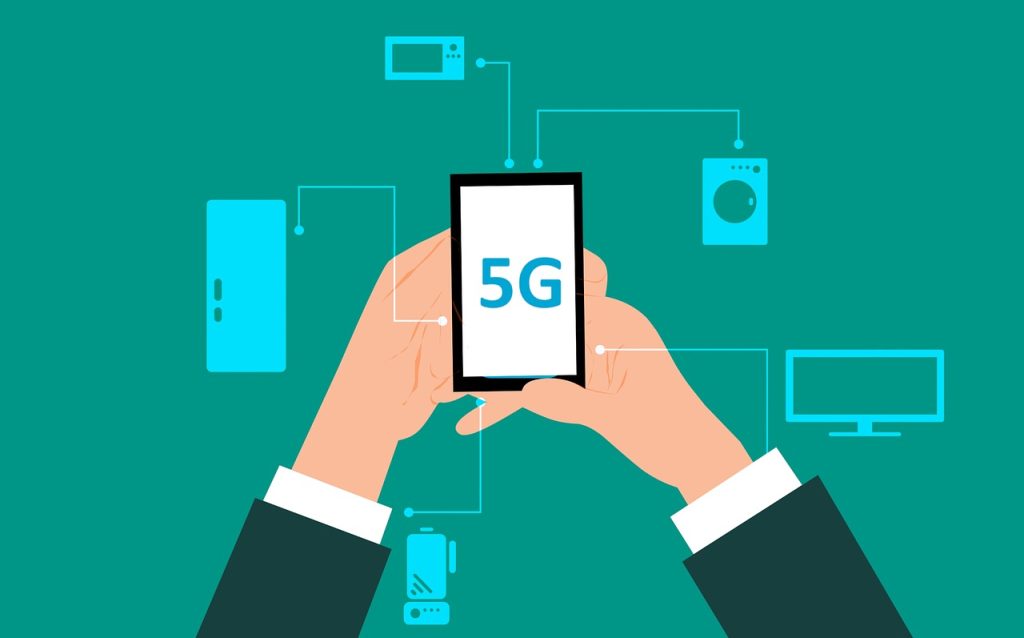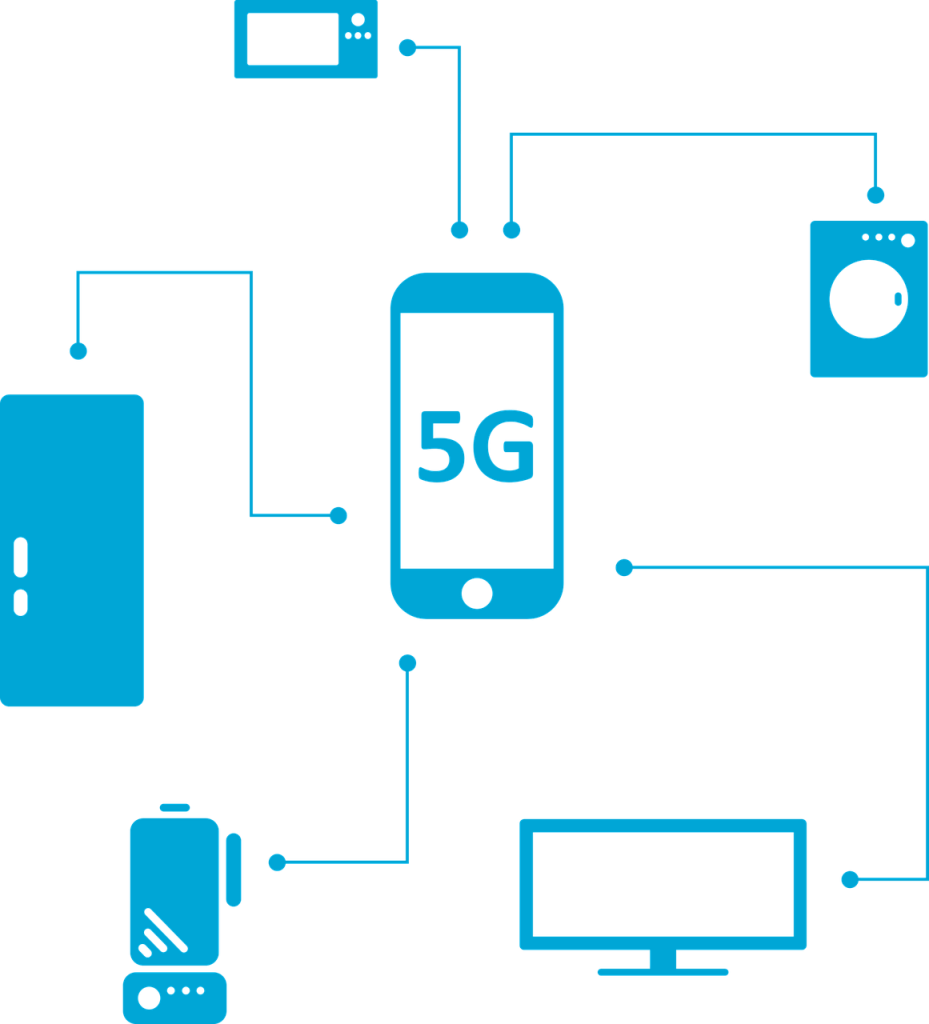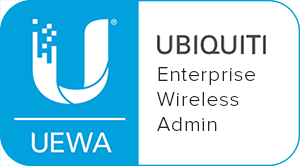How Will 5G Impact Mobile Payments?
5G or “fifth generation” cellular network technology is the latest development in the world of mobiles and smartphones. This upgrade from 4G promises better mobile speed, reliability and capacity. (Much like the recent development of the WiFi 6 standard). 5G offers advantages due to the use of MIMO (Multiple Input, Multiple Output) antennas, edge computing, smaller cells, beam forcing and better WiFi to cellular convergence.
Fifth generation (5G) technology is now live in many parts of the USA and the United Kingdom. It will be rolled out in many other countries in late 2019 and in 2020. Initially, 5G will be used for mobile connectivity through 5G enabled smartphones. It will also connect devices with limited mobility like modems and hot spots, which in turn connect to other devices over WiFi. 5G will also be enabled on fixed wireless access devices, with antennas permanently mounted on buildings. This provides broadband services to homes and businesses.
Different industries/businesses like driver-less cars and the Internet of Things are expected to benefit with 5G communications technology. In this article, we will specifically focus on how 5G will transform the day-to-day lives of consumers via improved mobile banking and mobile payments.
Growth Of Mobile Payments & Digital Wallets
Over the last few years, mobile payments and digital wallets have seen tremendous growth. This is due to the higher penetration of NFC technology. Also FinTech providers and of course, growth in the use of smart phones. Mobile payments are not only popular in cities where we can use it for daily retail transactions like groceries or a cup of coffee. They are also used by farmers in Africa and South Asia to receive payments for agricultural goods.
Mobile payments are especially popular among the millennial generation. Millennial’s have accepted this technology more easily, than more cautious older generations. In the US, mobile banking applications are the third-most used on smart phones after social media and weather apps. Social media applications like WeChat Pay and Facebook Messenger Payments have also included mobile payments through their applications.
With 5G, this brings with it the promise of super-fast uploads and downloads, ultra-low latency in transactions and better connectivity to the cloud. This is expected to promote real-time transactions. And also help to deliver new and innovative ways to provide consumer friendly mobile services.
Four Ways 5G Will Change The Mobile Payments Industry
The following are some of the ways in which 5G could potentially impact the mobile payments industry.
1. One-to-one payments: Mobile payments and mobile banking are expected to grow rapidly across the world. With 5G speeding up data up to 3 times faster than current 4G networks, the overall consumer transaction experience will be improved leading to more people relying on mobile payments. Even the exchange of a minor sum of money between friends. (Which was almost always a cash transaction earlier), will take place via mobiles.
2. Contact-less and retail payments: Facilitated by digital technology, retailers would be able to provide smarter and more customized payment processes to consumers both online and in-person. Due to the high speed of connections, consumers are able to browse online catalogues, apply filters, select and even try purchases virtually, before paying. All within minutes. This would lead to further growth in retail and online payments.
3. Big-ticket purchases: Purchasing big-ticket items like cars or homes, often require lengthy processes. 5G helps banks combine user data and artificial intelligence in real time to speed-up the end-to-end experience. High resolution streaming capabilities will enable customers to interact with financial consultants giving them more confidence before making decisions.
4. Transaction security: 5G will enable the use of multi-modal bio-metric authentication features that rely on different characteristics of a persons physiology and/or behaviour. Large amounts of bio-metric data are usually required for authentication. This data then needs to be sent to matching engines which analyse patterns in this data.
5G ensures faster uploads of this data thereby enabling faster verification. Even when multiple authentication factors are used. Bio-metric security is especially required when wearable devices are used for mobile payments. Improved security can lead to the increase in the use of such devices for mobile payments.
Overall, the impact of 5G on mobile payments is expected to be positive. 5G will take mobile payments and banking to new heights. It will increase the speed, versatility and security of transactions, making mobile banking truly ubiquitous.
About Fastmetrics, Inc. Building & Business ISP
Since 2002, Fastmetrics is the Bay Area’s only dedicated business ISP. We provide telecommunication services in California and the San Francisco Bay Area. Reliable service – backed by better live and local support. From install to 24-7 proactive monitoring, get treated like a VIP customer. Not a number by a faceless call center. We specialize in managed business internet and phones, dedicated high speed business fiber internet, business WiFi, SIP voice solutions / UCaaS and managed network services. We are a Microsoft and Cisco Meraki Partner. Our team are Certified Cisco Specialists, Ubiquiti Enterprise Wireless Accredited and Polycom Authorized Solution Advisors. We take care of your business network, so you can focus on growth.










